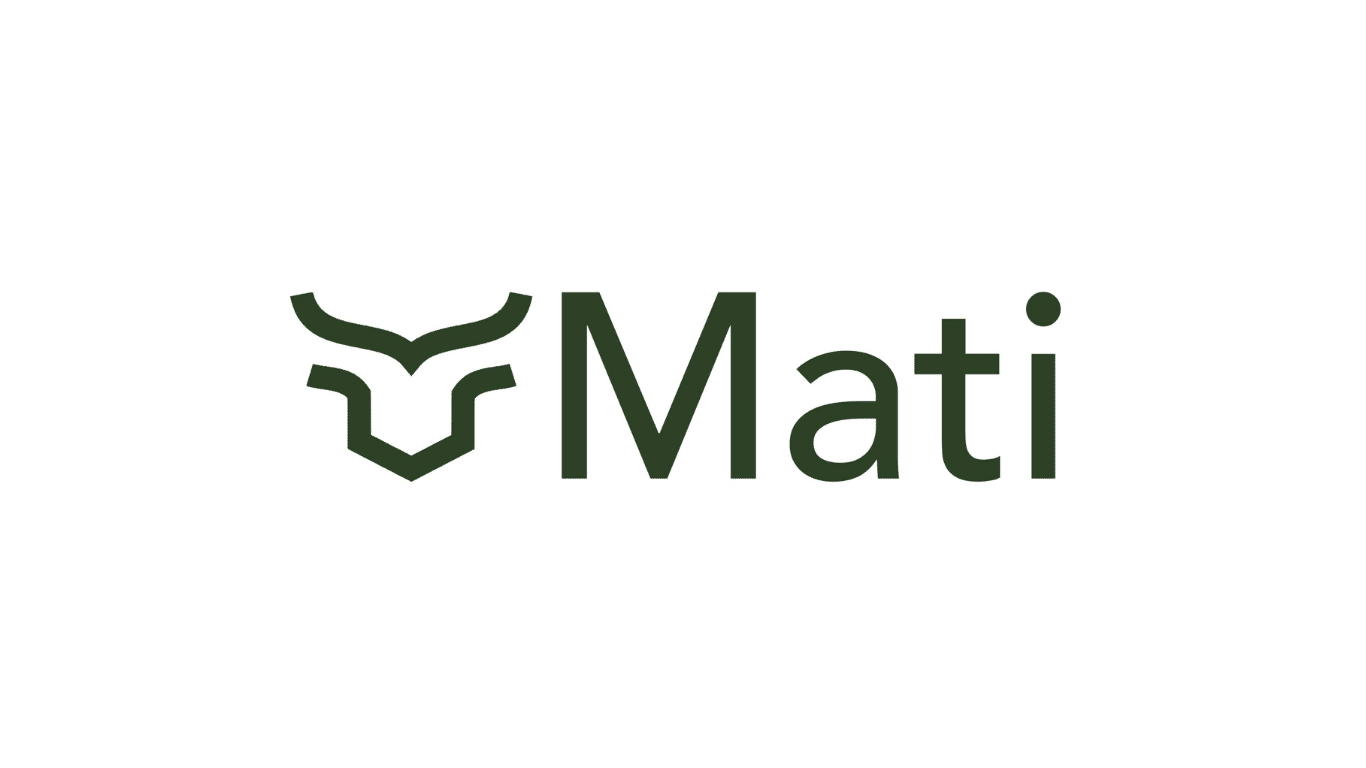Key Takeaways:
- Mati Carbon has secured a debt facility from J.P. Morgan, backed by the Schmidt Family Foundation, to expand its durable carbon removal operations.
- The funding will support Mati’s expansion across India, Tanzania, and Zambia, with a goal of reaching 30,000 smallholder farmers by the end of 2025.
- Enhanced Rock Weathering (ERW) technology removes atmospheric CO₂ and improves soil fertility, increasing crop yields by an average of 20%.
- Mati Carbon was recently awarded the $50 million XPRIZE Carbon Removal grand prize for its scalable, high-integrity solution.
- This financing represents a blended capital model, combining commercial and philanthropic support to accelerate climate innovation.
Mati Carbon Receives Debt Facility to Expand Global Carbon Removal Efforts
Mati Carbon, a climate-tech initiative focused on scaling durable carbon dioxide removal (CDR) through smallholder farmers, has secured a commercial debt facility from J.P. Morgan, supported by credit backing from the Schmidt Family Foundation. The funds will help the organization scale its flagship Enhanced Rock Weathering (ERW) technology across developing economies, particularly in India and Sub-Saharan Africa.
The financing agreement reflects a growing interest in results-driven carbon removal models that offer both climate mitigation and economic development benefits.
“This is a transformative development for climate technology and adaptation financing,” said Shantanu Agarwal, Founder and CEO of Mati Carbon. “With support from J.P. Morgan, we will be able to scale the impact and reach of Enhanced Rock Weathering to many more smallholder farmers and prove that high-integrity carbon removal is both financially viable and deeply impactful.”
Mati Carbon’s Approach: Scaling Enhanced Rock Weathering with Co-Benefits
Mati Carbon employs Enhanced Rock Weathering, a process that accelerates the natural breakdown of pulverized volcanic rock on agricultural fields. This method permanently removes atmospheric CO₂ while also:
- Replenishing degraded soils with essential minerals
- Improving crop yields by an average of 20%
- Reducing reliance on chemical pesticides and fertilizers
This dual-impact approach offers both environmental and agricultural benefits, aligning with Mati Carbon’s goal of improving smallholder farmer livelihoods while contributing to global carbon reduction targets.
“J.P. Morgan is pleased to support Mati Carbon’s next phase of growth as they work to bring Enhanced Rock Weathering technology to communities around the world,” said Kelly Belcher, Head of Climate Tech at J.P. Morgan. “This work is actively helping to decarbonize the globe, grow local economies and build a more sustainable future.”
Robust MRV Ensures Scientific Integrity
To ensure transparency and accuracy in its carbon credit program, Mati Carbon developed a Monitoring, Reporting, and Verification (MRV) framework in collaboration with IIT Kanpur and Yale University. The MRV system monitors changes in soil properties and quantifies the amount of CO₂ removed.
This scientific rigor is key to building trust with corporate CDR credit buyers, which include Shopify and H&M, and meeting emerging standards for durable and verifiable carbon removal.
Scaling Across the Global South
Mati Carbon’s new funding will be used to:
- Expand ERW field operations across India, Tanzania, and Zambia
- Build regional laboratory facilities to support scientific monitoring
- Develop strategic partnerships with agribusinesses and government programs
- Reach 30,000 smallholder farmers by the end of 2025
“Mati’s approach to Enhanced Rock Weathering has the potential to scale into a major carbon removal solution,” said Patrick McGrath of the Schmidt Family Foundation. “Partnerships like this are critical to unlocking that potential… innovative approaches – in technology and in finance – can drive both climate impact and economic opportunity.”


